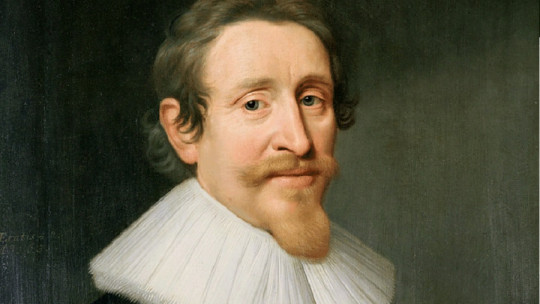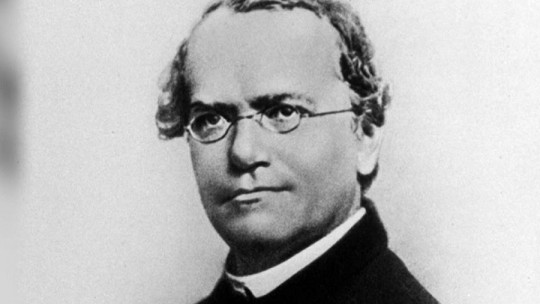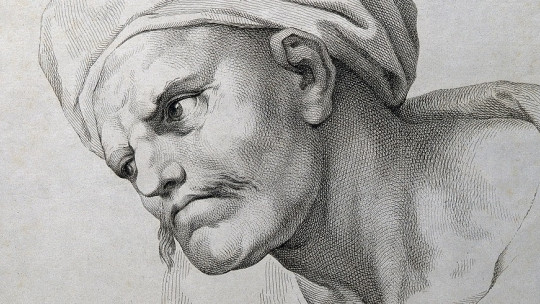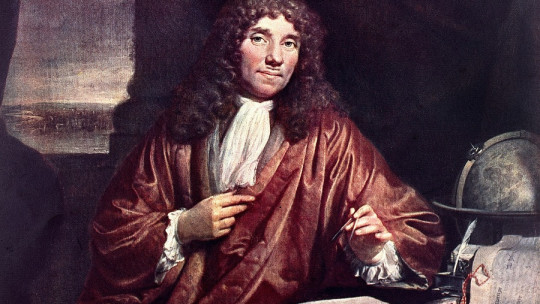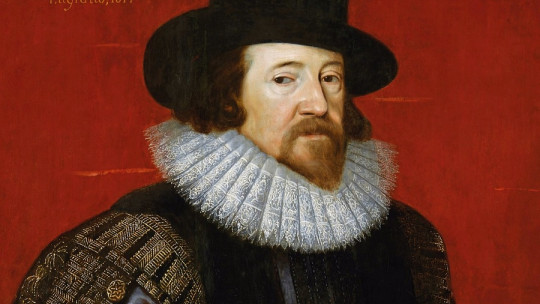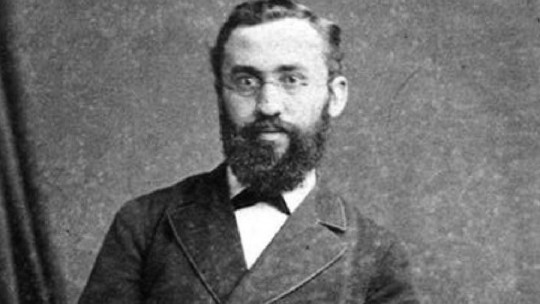Hugo Grotius is one of the key figures in legal studies in 17th century Europe, contributing valuable works.
Next we will take a tour of his entire life through a biography of Hugo Grotius discovering what the most important milestones were, how he influenced the society of his time and what the impact of his legacy is even today.
Brief biography of Hugo Grotius
Hugo Grotius, Grotius or de Groot, was born in 1583 in Delft, Netherlands, in the middle of the Dutch War of Independence Son of a good family, with an intellectual father and a renowned politician, he received a very high-level education, based on Aristotelian and humanist principles. Hugo Grotius’ abilities were soon evident in different fields, for example in the arts. And at only 9 years old he was already capable of composing poems of astonishing quality.
At the more than impressive age of 11, he began studying Law at the University of Leiden, and it took him only 4 years to complete his training, also taking advantage of the time to study other subjects as different as theology, astrology (which at that time it was a scientific discipline of study) or mathematics. He even published the first of his literary works, a study of the works of Martianus Capella, which generated a great impact.
At only 15 years old, Hugo Grotius already participates in diplomatic activities, traveling to Paris and dispatching with King Henry IV of France A year later he received his law degree in The Hague and began a brilliant career as a jurist. He also became a historiographer and received the important task of writing the history of the Netherlands in such a way that it would be in a superior position to that of Spain (from which they had just become independent).
He takes advantage of his knowledge of law to also publish works about international principles of justice, based on the real case of the seizure of a Portuguese ship that the Dutch fleet carried out off the coast of Singapore. This fact It was the precedent to begin generating legal treaties about the legality of international actions so Hugo Grotius was a pioneer in the field.
His career as a legal eminence
The event of the seizure of the Portuguese ratchet and the subsequent legal study on the matter carried out by Hugo Grotius marked his rise as a reference figure in international law. His work culminated in the treatise known as From India, or “Of the Indies.” In this play He began to talk about natural law and debate the legality of wars His next great contribution was Mare Liberum, or The Free Sea.
In this text, what Hugo Grotius stated is that the seas should be internationally neutral territories, that is, they did not belong to anyone in particular and therefore all nations could make use of them. This argument was used politically by the Netherlands to demand that nations such as England cease their monopoly on the use of the sea, although they did so for the purpose of subsequently increasing their own naval power.
It must be said that Hugo Grotius was not the first author to deal with the theme of free navigation through the seas in his work, since Francisco de Vitoria, a Spanish author from the previous century, had already mentioned this idea in his work, using the principle of Roman law known as ius gentium. To this day, it is still considered that the waters of the high seas must be free to use for any nation.
By 1613, Grotius was already such an influential person that even He was elected mayor (in his equivalent administrative capacity) of Rotterdam Just then a maritime conflict took place between Holland and England, as they captured two Dutch vessels. The government of the Netherlands saw in Hugo Grotius the ideal diplomatic profile to travel to the British Isles and mediate the situation, to recover the detained ships. However, there was no success in the attempt, as England did not give in.
Theological controversy
Also during these years another type of conflict arose, in this case of a religious nature, between the Calvinists and the Arminians. The power struggle between both sectors was exacerbated by the appointment of Conrad Vorstius (Arminian) as professor of theology at the University of Leyden, and Calvinist followers accused him of exercising religious teachings beyond what their beliefs dictated.
Hugo Grotius took part in this controversy, writing the Ordinum Pietasa manifesto in which affirmed that the civil authorities had the power to appoint whoever they considered appropriate to serve in the universities , without having to have the approval of religious leaders to do so. As it could not be otherwise, the contraremonstrantes (the faction that opposed) accused him of being an arsonist and began a campaign against him.
As a result of this conflict, Hugo Grotius, who at that time was already attorney general of the Netherlands, was asked to prepare a document to settle the problem. This work would be the edict of tolerance, called Decretum pro pace ecclesiarum. With him it was about reach a harmonious position regarding religious issues in the civil order stating that theological differences must be set aside in this regard.
Of course, at that time, many powers were highly influenced by religion, and this position seemed inadmissible to them, and an escalation of protests began that would even lead to riots throughout the territory. The civil authorities tried to maintain order, but when one of the factions became strong, they arrested several of those they considered responsible for the conflict, including Hugo Grotius.
Grotius was tried and sentenced to life imprisonment in Loevestein Castle After two years of confinement, his wife and his assistant helped him draw up an escape plan from the fortress, hiding in a chest with which he was able to travel to France.
Exile in Paris
In 1621 Hugo Grotius arrived in Paris, where his life in exile began, far from the religious conflict that had deprived him of his freedom in the Netherlands. The French government provided him with a pension. These were the times of King Louis XIII and the government of Cardinal Richelieu. Precisely He dedicated what is probably one of his best-known works to the monarch, “On the Law of War and Peace.”
Another of his literary contributions at this time was De veritate religionis Christianae, the Latin translation of some verses he wrote in Dutch during his confinement. This work was about the fundamental truths of Christianity.
He attempted to return to his native country in 1631. However, the response from the authorities was hostile, so he had to give up his return plan. Instead, he decided to move to the German city of Hamburg, but two years later, Sweden asked her to be its ambassador in Paris, so he returned again to the French capital, this time with a status different.
These were the times of the Thirty Years’ War, and their main task was to work to achieve a solution to this conflict from his new position as ambassador in Paris. He spent a decade working to achieve it. At the same time he also published new works of a religious nature, mainly gathered in the Opera Omnia Theologica.
Last years
The religious conflict began to subside in the Netherlands, and people who had been forced to opt for exile were able to gradually return to their country of origin. As for Hugo Grotius, Queen Christina of Sweden transferred him back to Stockholm, after his work as ambassador in Paris. During the trip he suffered a shipwreck that caused physical damage from which he would not recover
The year was 1645, and Hugo Grotius did not wish to continue in Sweden, but rather return to his homeland, Holland. He did so, so that he could spend the last days of his life in his country, where he died that same summer. Grotius was buried in the city of Delft, specifically in the Nieuwe Kerk church. They say that the last words he spoke were: “I have understood many things and I have achieved nothing.”
All his works remain as a legacy, his contributions to theological studies, to international law treaties, especially those that have to do with maritime laws, and his work as a diplomat in which he tried to mediate in important conflicts that devastated the European nations. And in addition to all this, he left a motto: Ruit hourwhich means “Time is running out.”

